Science Stats
-
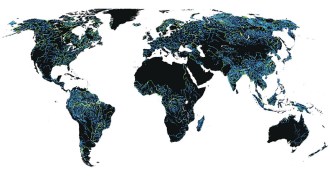 Earth
EarthEarth’s rivers cover 44 percent more land than we thought
A global survey of rivers and streams based on satellite data suggests that these waterways traverse about 773,000 square kilometers.
-
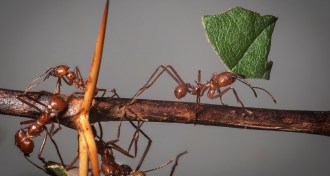 Animals
AnimalsLeaf-cutter ants pick up the pace when they sense rain
Leaf-cutter ants struggle to carry wet leaves, so they run to avoid rain.
By Yao-Hua Law -
 Health & Medicine
Health & MedicineBlame opioids for a fifth of young adult deaths in the United States
Of young adults aged 25 to 34 who died in 2016, 20 percent of those deaths were opioid-related.
-
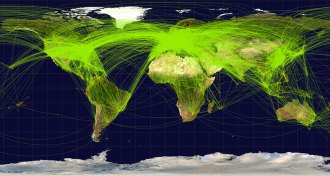 Climate
ClimateGlobetrotting tourists are leaving a giant carbon footprint on the Earth
Globetrotters are responsible for about 8 percent of the world’s greenhouse gas emissions.
-
 Health & Medicine
Health & MedicineSynthetic opioids involved in more deaths than prescription opioids
Winning a ghastly contest, synthetic opioids become most common drug involved in U.S. overdose deaths, bypassing prescription opioids in 2016.
-
 Oceans
OceansOcean heat waves are becoming more common and lasting longer
Over the last 100 years, the world’s oceans have sweltered through a rising number of heat waves.
-
 Environment
EnvironmentThe great Pacific garbage patch may be 16 times as massive as we thought
The giant garbage patch between Hawaii and California weighs at least 79,000 tons, a new estimate suggests.
-
 Earth
EarthBy 2100, damaged corals may let waves twice as tall as today’s reach coasts
Structurally complex coral reefs can defend coasts against waves, even as sea levels rise.
-
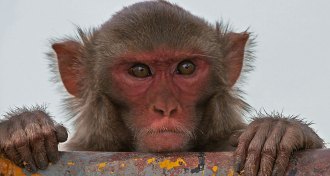 Health & Medicine
Health & MedicineGlobal Virome Project is hunting for more than 1 million unknown viruses
Scientists are searching for viruses lurking in animals that could threaten human health.
-
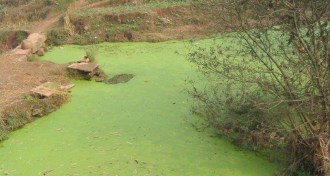 Ecosystems
EcosystemsHumans are overloading the world’s freshwater bodies with phosphorus
Human activities are driving phosphorus levels in the world’s lakes and other freshwater bodies to a critical point.
-
 Health & Medicine
Health & MedicineAbout 1 in 5 teens has had a concussion
Almost 20 percent of U.S. teens have had at least one diagnosed concussion in the past, an analysis of a 2016 national survey finds.
-
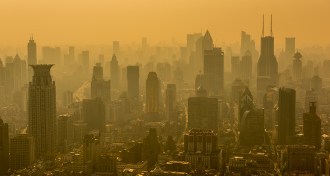 Environment
EnvironmentAir pollution takes a toll on solar energy
Dust and other tiny air pollutants can reduce solar energy output by as much as 25 percent in parts of the world.